What do Sitka spruce and silky pink tomatoes have in common? If you visit Wexford Tomatoes at Horeswood Nurseries in Campile, Co Wexford, you’ll discover that silky pinks are one of over 20 varieties of tomatoes grown by the company which derives its energy from predominantly Sitka spruce wood chips.
The company is just one of a number of enterprises based in Co Wexford which are switching their energy needs from oil to wood, as it makes sense economically and environmentally. This was illustrated during a recent field trip to Wexford organised by the Irish BioEnergy Association (IrBEA).
Sustainability is at the core of Wexford Tomatoes, a successful company which employs up to 20 people during peak periods.
There is no waste in the production cycle, as owner and managing director Matt Wallace explores every avenue to minimise the company’s carbon footprint.
The nursery even collects and recycles rainwater from the 2ha of glasshouses, which supplies almost all the water required.
“Transport costs are reduced because we source the wood chips mainly from forests close by and the distribution network, while nationwide, concentrates on customers in the southeast, including Super Valu, Dunnes Stores, Tesco and Centra,” he said.
“Unlike imported tomatoes which ripen during transit, tomatoes in Horeswood are not picked until they ripen.”
Halving energy costs
The installation of a 2Mw wood heating unit, with an annual output of 7.5GWh, has revolutionised the company’s energy needs and costs.
While successive Government ministers for energy dithered over the introduction of a renewable heat incentive (RHI), Matt Wallace decided to proceed with the installation of a wood energy unit without grant aid seven years ago.
Although sustainability was an important reason in converting from oil to wood, he said that the economic argument was a major factor. The installation of the boiler and ancillary equipment cost the company €500,000, but has more than paid him back in the intervening years, as he has reduced his annual energy bill from €650,000 to €300,000.
Now, with the introduction of a Support Scheme for Renewable Heat (SSRH), has he regretted not waiting. “No, because I’m well ahead of the competition at this stage,” he said, but he believes “the new scheme would provide best value for money for units over 1Mw”.
He said security of wood chip supply is a key factor. “The unit has a five-day reserve and an annual capacity of 2,200t or 3,500m3, so it’s important that a continuous supply is available,” he explained. “Even when we had a half metre of snow earlier this year, deliveries were still made on time.”
Clonroche wood depot
A major factor in guaranteeing security of supply has been the creation of a wood supply depot close to customers.
Clonroche Biomass Supply Depot is the main hub for Co Wexford and bordering counties. The largest biomass depot in Ireland, it has a capacity of 30,000m3.
Currently, storage is divided equally between Coillte and Clearpower. The 3m-long logs are chipped on site and delivered to customers by T&A Byrne Contractors. The logs are air dried to below 40% moisture content (MC) before chipping.
Coillte market development manager Des O’Toole said the reserve of logs in Clonroche allows the company enter long-term partnerships with businesses.
For example, Coillte provides wood chips to heat GlaxoSmithKline’s (GSK) Dungarvan plant where half of its 1,750 workforce are employed. Pharmaceutical company GSK plans to eliminate 25% of its carbon footprint within two years.
Clearpower sales manager Tomás Sheehy said the company provides a range of services including wood chip and pellet delivery, as well as boiler supply and installation.
Clearpower was established in 2012 and has already delivered over 110 commercial scale renewable energy installations, comprising over 50,000kW of energy.
Wexford wood energy
The IrBEA tour also visited the Forest Park Leisure Park, Courtown, where the 0.55mW unit delivers 1.5GWh/pa and has also halved energy costs. Indeed, Co Wexford is becoming synonymous with biomass energy, as a wide range of enterprises have made the conversion to renewable wood.
These include Monart Spa, Ferrycarrig Hotel, Teagasc and the Department’s buildings in Johnstown Castle, Danone, Kelly’s Resort Hotel, Dunbrody Country House and Wexford Farmers Co-op.
Certification public meeting
PEFC Ireland is arranging a public meeting of stakeholders with an interest in sustainable forest management (SFM) in the Maldron Hotel, Portlaoise, on Thursday 22 November at 2.30pm.
The PEFC Irish Forest Certification Standard (IFCS) and scheme for SFM, endorsed by PEFC International in 2011, are now undergoing a review.
“In the event that consensus emerges that there is a need to revise the standard, this will be done by a multi-stakeholder consultation process to include forest owners, business and industry, NGOs, science and technology groups and trade unions,” said William Merivale, national secretary PEFC Ireland. Further information at www.pefc.ie or contact PEFC on 021-439 9660 or 087-245 0241 or william@pefc.ie.




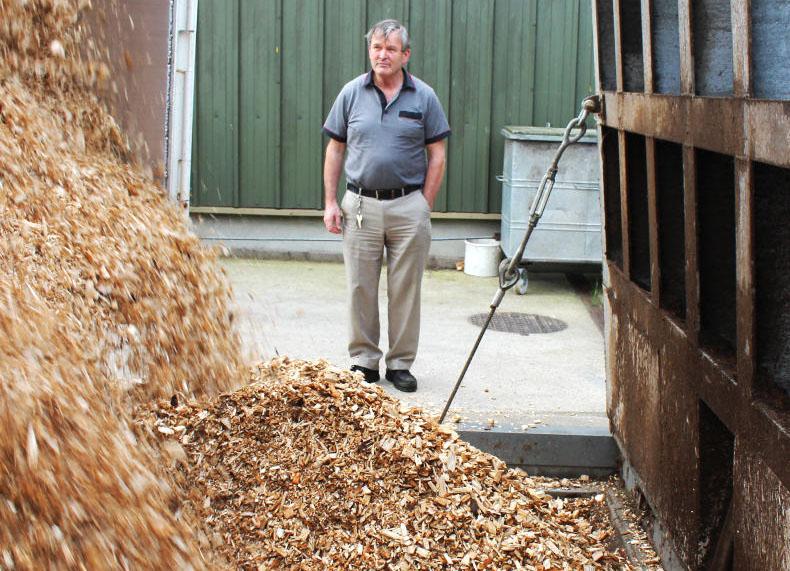
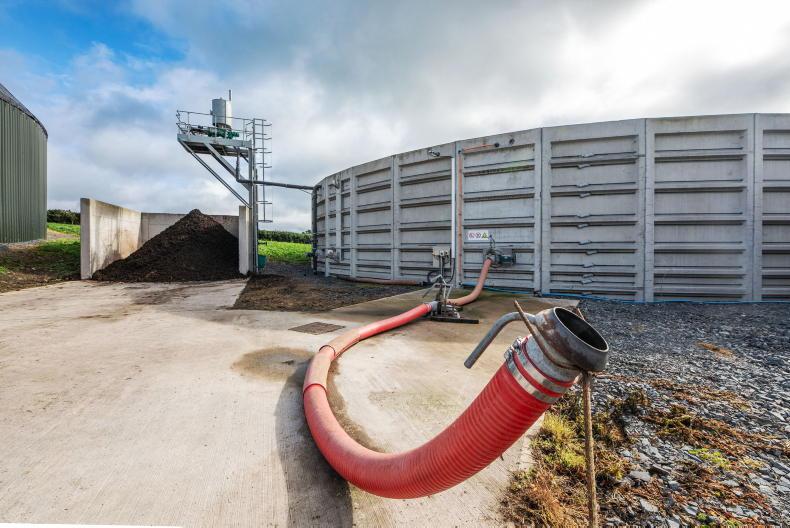

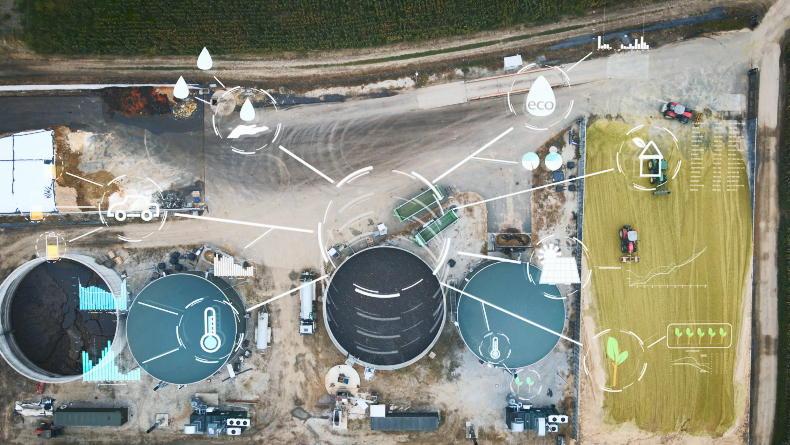
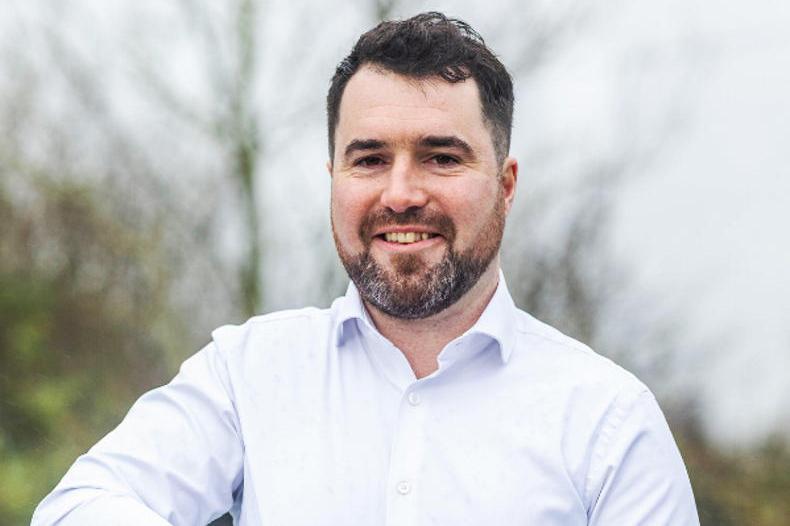
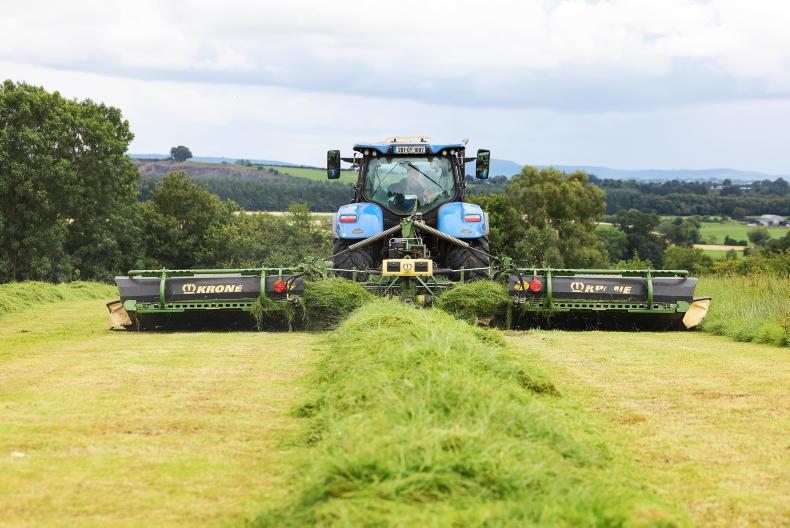
SHARING OPTIONS